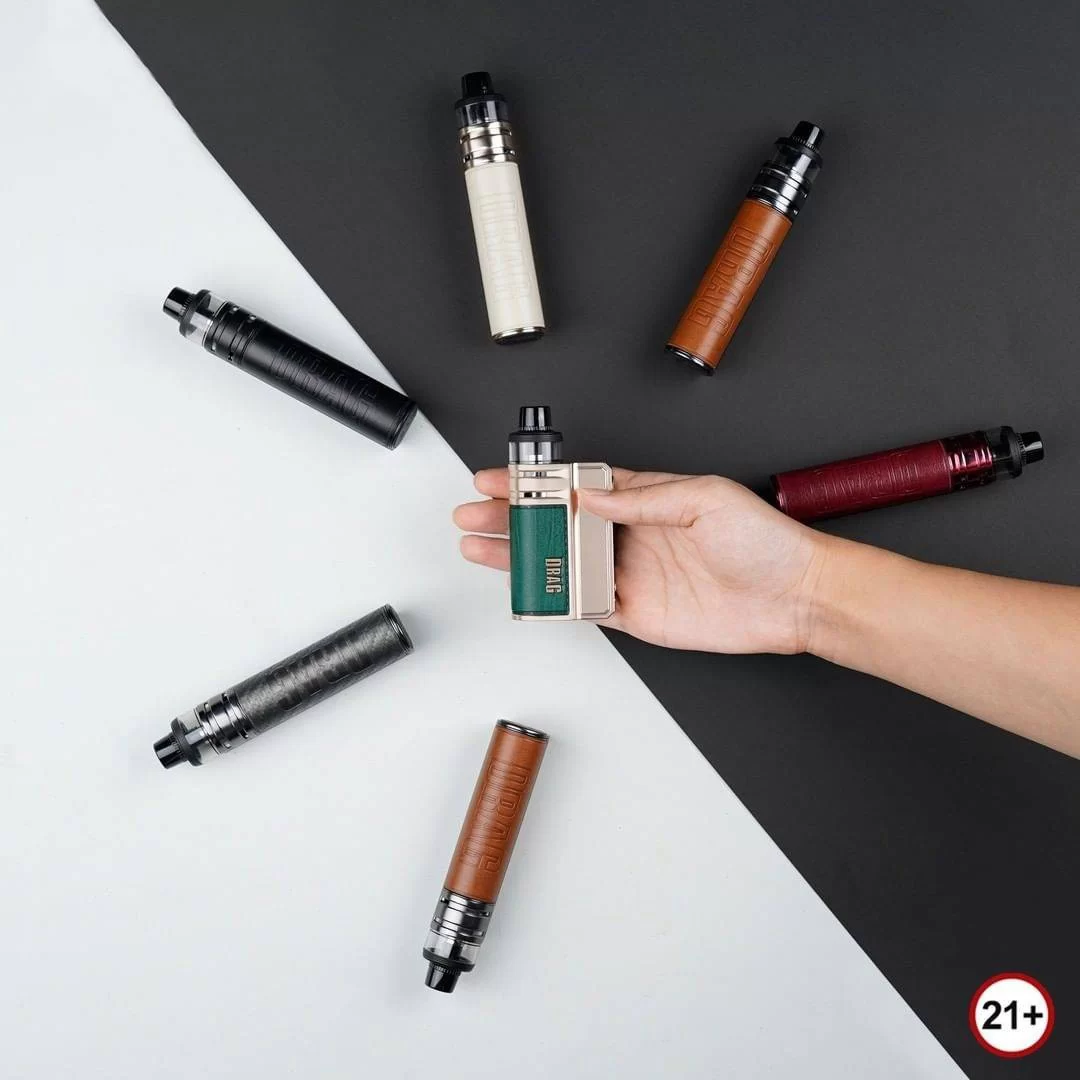The relationship between tobacco manufacturers and vaping could best be summed up with the expression “If you can’t beat them, buy them.”
All five of the biggest tobacco companies, often colloquially known as “Big Tobacco”, have major subsidiaries that allow them to operate as a vape supplier, with four of the five having bought their way into the market.
- Imperial Tobacco (Winston, Superkings, Lambert & Butler) own Blu and did a deal with Hon Lik, the inventor of the e-cigarette to buy his patents.
- Altria aka Phillip Morris International (Marlboro) bought Green Smoke before buying a 30 per cent stake in Juul Labs in 2018.
- Japan Tobacco (Mild Seven, Benson & Hedges) bought E-lites
- British American Tobacco (Lucky Strike, Rothmans, 555) bought CN Creative, a startup that produced Vype.
The only exception to this is R.J. Reynolds, who established Vuse around the same time as these purchases and nearly a decade after the invention of the e-cigarette
Part of the reason for this is that the success of vaping caught them on the back foot, as they had initially seen the first wave of vaping tools and equipment as a fad that would not manage to take off, similar to the unproduced patents and the Favor smoke-free cigarette.
However, whilst they would take their time to enter and in some respects take over the market, particularly when it comes to disposable vapes, Altria, back when they were known as Phillip Morris had been working on an alternative vaping technology as early as 1990.
Their system used a technology similar to those early patents as well as Hon Lik’s device by developing a nicotine aerosol using heat, with a specific focus on resembling a cigar as much as possible to aid smokers with the transition, and subtly promote coexistence with existing tobacco products.
Their research was complicated by a 1987 ruling by the American Food and Drug Administration that nicotine delivery systems were considered to be “drug delivery systems” which required FDA approval.
PMI, not wanting to take the risk, instead applied the technology for pharmaceuticals, dropping the e-cigarette programme until 2001, when it continued for another 12 years, and it was finally released under the name NuMark in 2013.
This, alongside Green Smoke and the later purchase of Nicocigs, was designed to give the company a major role in the vaping market as it existed in the early 2010s, but in 2018 a market shock caused Altria to reconsider, eventually forming a partnership with vape company Juul.
The year 2018 saw the FDA regulations start to tighten with regard to the vaping market in the United States, with rumours of an outright ban on flavoured vape liquids. Altria opted to invest as much as it could into the international brand Juul and discontinue the rest of its interests.
This led to the end of NuMark, which had developed an appeal as a cig-a-like product designed to make the process of transitioning away from smoking simple and towards the new world of vape bars and dedicated vaping tools.


